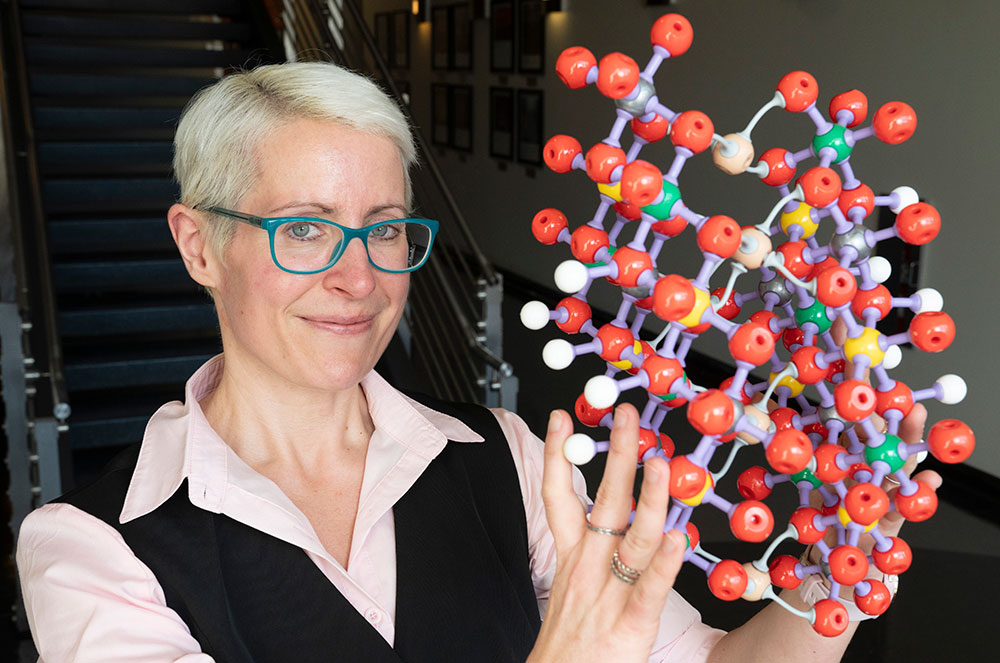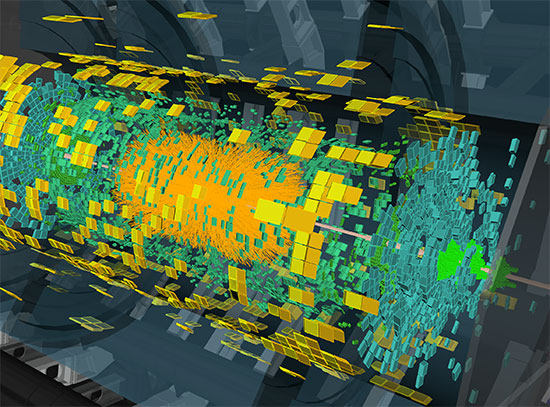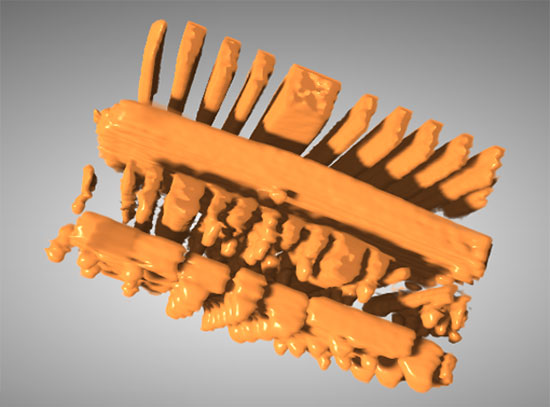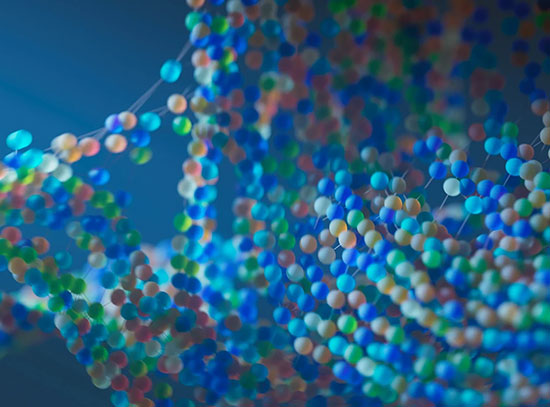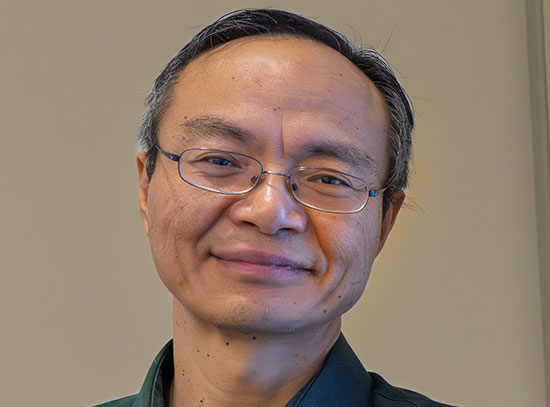540th Brookhaven Lecture, 7/16: Energy Materials' Function, Fate
July 15, 2025
Energy helps move people and goods from place to place. It powers the electronics society relies on every day, infrastructure that provides clean drinking water, refrigeration systems that keep food from spoiling, and so much more.
Anyone who has owned a laptop or smartphone knows that an aging battery can't hold a charge like it used to. That's because energy materials — including those inside batteries — transition as they function over time, dissolving, reacting, or transforming in ways that impact their long-term fate.
At the U.S. Department of Energy's (DOE) Brookhaven National Laboratory and beyond, scientific theorists and experimentalists are collaborating to develop new approaches for designing energy materials with improved performance, stability, and sustainability.
All are invited to join Sara E. Mason of the Center for Functional Nanomaterials (CFN) at Brookhaven Lab when she presents the 540th Brookhaven Lecture on Wednesday, July 16. Her talk, titled "From Function to Fate: Energy Materials in Transition," will be held at 4 p.m. EDT. Attendees can join in two ways:
- In person at CFN (map) in the seminar room on the second floor.
- Virtually on Zoom.
During her talk, Mason will introduce an approach to predict and understand energy materials' transitions using computational models that integrate quantum mechanics and thermodynamics. She will illustrate this approach with two case studies: an investigation of how cathode materials in rechargeable batteries release metals as they degrade, and research showing how the formation of solid materials can help manage uranium in complex chemical settings.
CFN, where Mason works and her talk will be held, is a DOE Office of Science user facility at Brookhaven Lab.
About the speaker
Mason has led CFN's Theory and Computation group since she joined Brookhaven Lab in 2022. She is also an affiliate faculty member at Stony Brook University and adjunct professor in the Department of Chemistry at the University of Iowa where, previously, she was an associate professor with tenure.
Mason earned her Ph.D. in chemistry at the University of Pennsylvania in 2007, her bachelor's degree in chemistry and mathematics at St. John Fisher College in 2001, and an associate's degree in chemical technology at Monroe Community College in 1999. She was a postdoc at the National Institute of Standards and Technology's Physics Laboratory from 2007 to 2010.
Among several awards and recognitions, Mason was named an Emerging Investigator by two of the 175-year-old Royal Society of Chemistry's journals, Environmental Science: Nano as well as the Journal of Environmental Monitoring. She received a CAREER Award from the National Science Foundation in 2013.
About the Brookhaven Lecture Series
The Brookhaven Lecture Series began in 1960.
In the foreword to the first lectures, Brookhaven physicist Gertrude Scharff-Goldhaber wrote, "The Brookhaven Lectures, held by and for the Brookhaven staff, are meant to provide an intellectual meeting ground for all scientists of the Laboratory. In this role, they serve a double purpose: They are to acquaint the listeners with new developments and ideas not only in their own field but also in other important fields of science, and to give them a heightened awareness of the aims and potentialities of Brookhaven National Laboratory."
That tradition continues today.
Brookhaven National Laboratory is supported by the Office of Science of the U.S. Department of Energy. The Office of Science is the single largest supporter of basic research in the physical sciences in the United States and is working to address some of the most pressing challenges of our time. For more information, visit science.energy.gov.
Follow @BrookhavenLab on social media. Find us on Instagram, LinkedIn, X, and Facebook.
2025-22534 | INT/EXT | Newsroom




